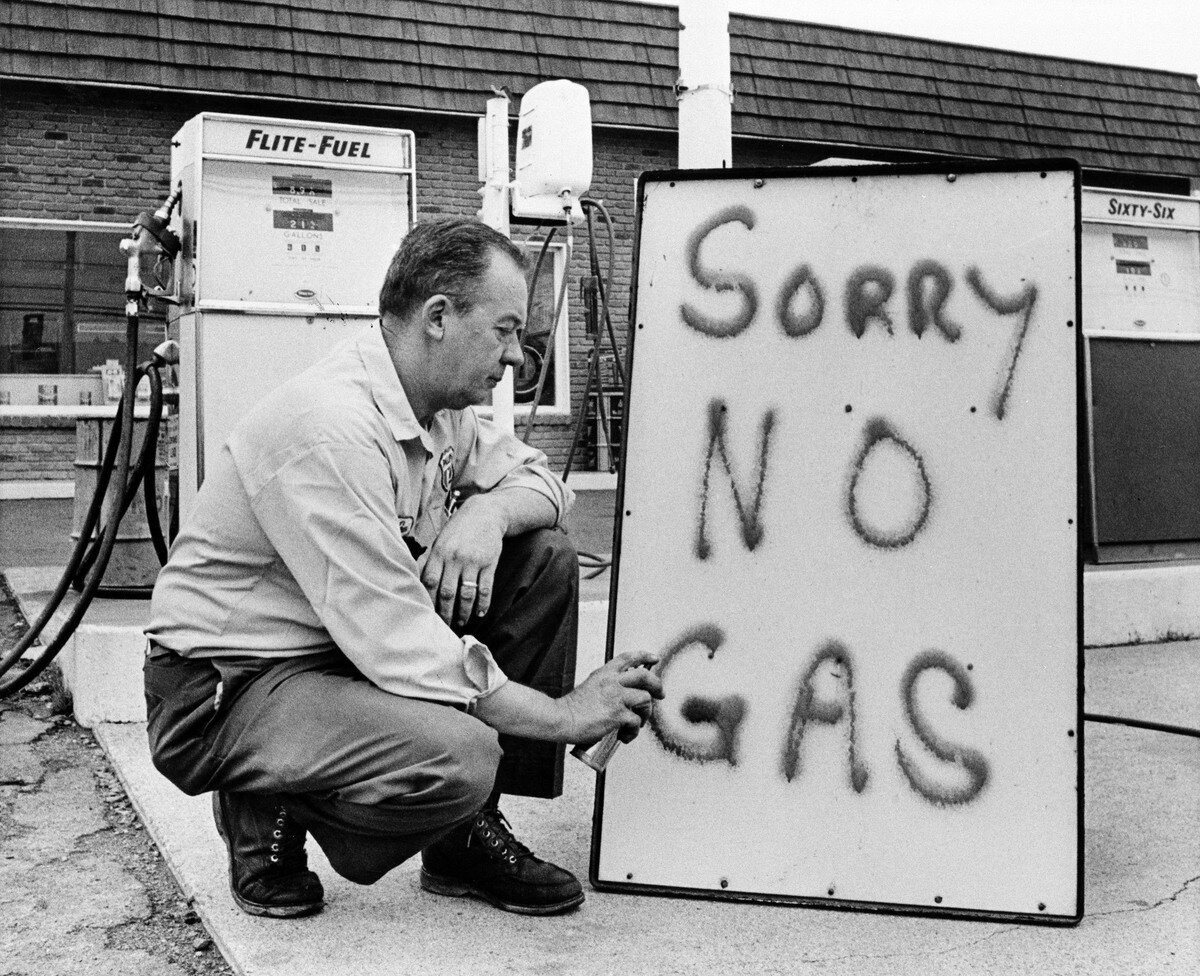The economic impact of the 1973 OPEC oil embargo sparked the US to begin decreasing dependence on imported oil and increasing the use of environmentally friendly domestic fuels. Ethanol’s demand increased dramatically, and the US ethanol fuel industry began to ramp up to meet the growing demand. Corn became the predominant feedstock for ethanol production because of its abundance and ease of transformation into alcohol.
The Energy Tax Act of 1978 created ethanol tax credits to offset the price differential between the commercial and the agricultural corn markets. In 1979 The Amoco Oil Company began marketing alcohol-blended fuels. Shortly thereafter, other major oil companies such as Texaco, Beacon, Ashland and Chevron followed suit.
The future of ethanol depends on the ability to continue growing economically viable feedstocks to keep the cost of products competitive without sacrificing food production or harming the environment.



